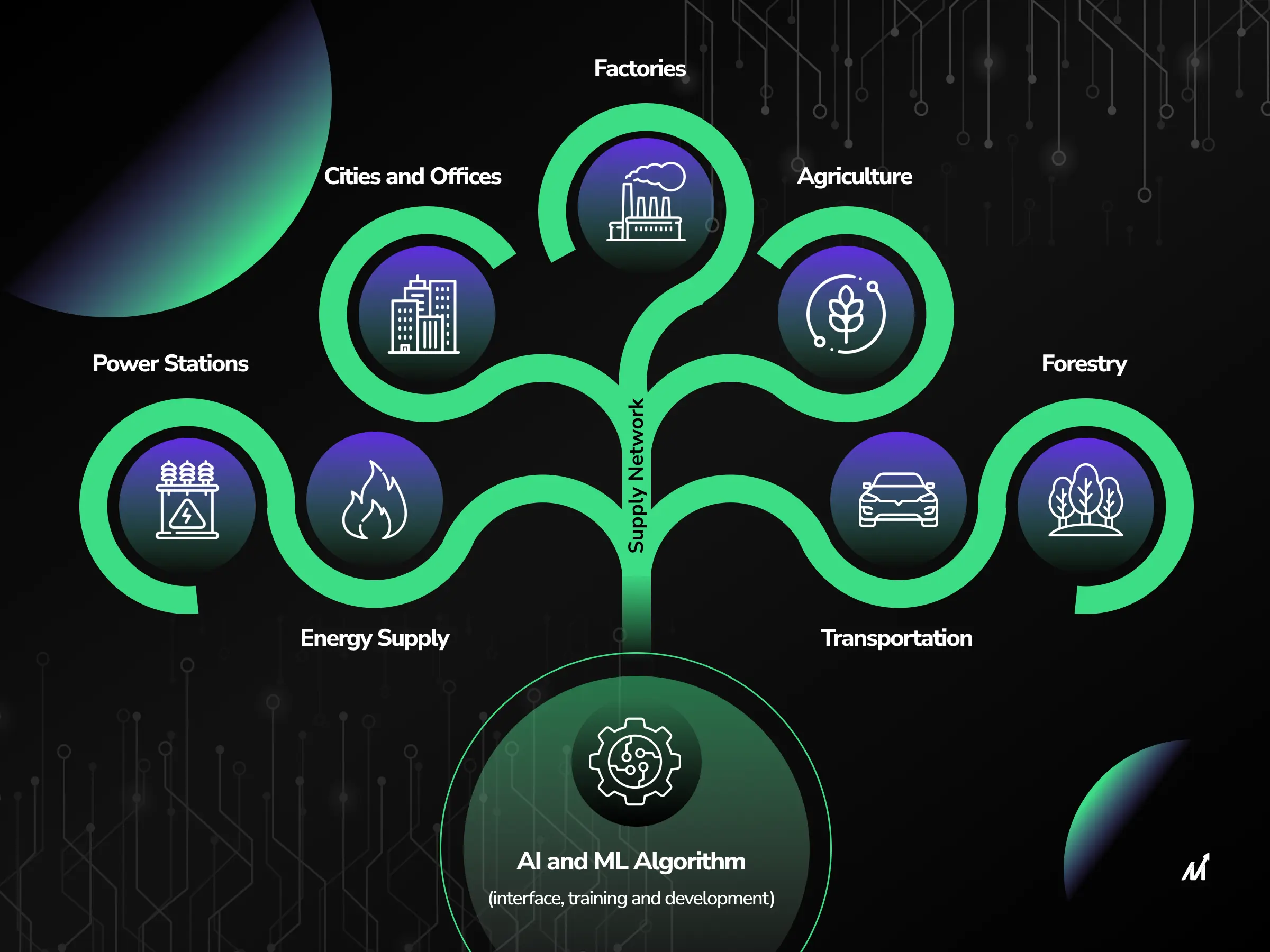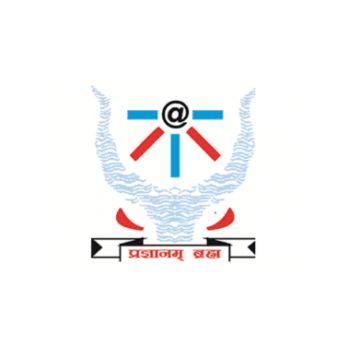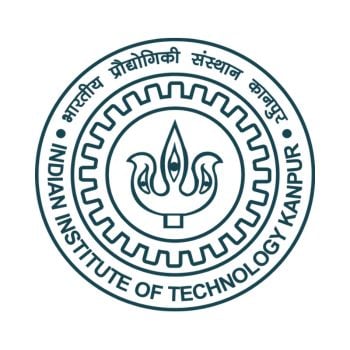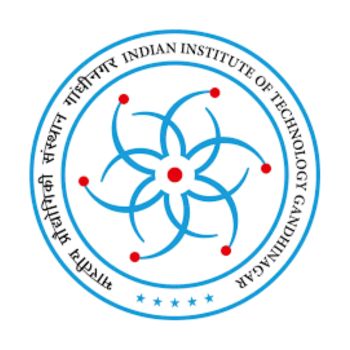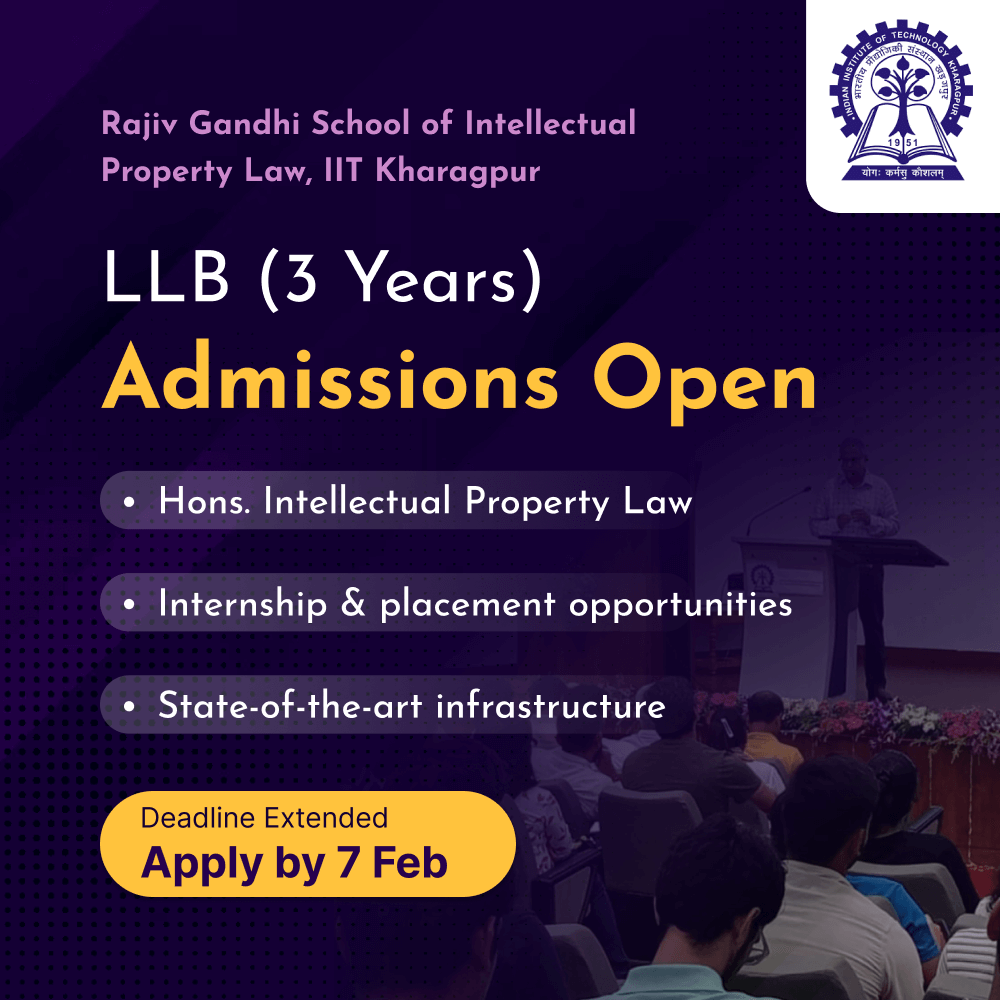Registrations are invited for the Post Graduate Program in Generative AI and ML with Edureka and Illinois Tech. Check all the details below and secure your spot now!
About PGP in Gen AI and ML
The Post Graduate Program in Generative AI and ML, a collaborative offering from Edureka and Illinois Tech, is a great opportunity for generative AI and ML enthusiasts to enter the domain. As Chicago’s leading tech university, Illinois Tech stands out as a premier institution for technological and scientific innovation. Renowned for its groundbreaking research, advanced degree programs in STEM fields, and one-of-a-kind experiential learning, Illinois Tech ranks among the top universities in the nation for ensuring students graduate with the future-focused skills they need to be uniquely career-ready.
Program Highlights
- Comprehensive Curriculum: Covers essential tools and practices in Generative AI and Machine Learning.
- Industry-Relevant Projects: Engage in over 9 projects and 15+ practical use cases that mirror real-world challenges.
- Expert Instructors: Learn from industry professionals and esteemed faculty members.
- Flexible Learning: Live, instructor-led online classes conducted on weekends.
- Career Assistance: Benefit from placement support and access to Illinois Tech’s Alumni Association.

Program Structure
Python Programming for AI and ML
- Module 1: Introduction to Python
- Module 2: Sequences and File Operations
- Module 3: Functions and Object-oriented Programming
- Module 4: Working with Modules and Handling Exceptions
- Module 5: Array Manipulation using NumPy
- Module 6: Data Manipulation using Pandas
- Module 7: Data Visualization using Matplotlib and Seaborn
- Module 8 : GUI Programming
- Module 9 : Developing Web Maps and Representing Information using Plots (Self-paced)
- Module 10: Web Scraping and Computer Vision using OpenCV (Self-Paced)
- Module 11: Database Integration with Python (Self-Paced)
Statistical Methods for Predictive Analysis
- Module 1: Probability and Statistics
- Module 2: Inferential Statistics
- Module 3: Regression
- Module 4: Predictive Analytics
Applied Machine Learning Techniques
- Module 1: Introduction to Machine Learning
- Module 2: Supervised Learning – Regression
- Module 3: Evaluating Regression Models
- Module 4: Supervised Learning – Classification
- Module 5: Decision Tree and Random Forest Models
- Module 6: Mathematical and Bayesian Models
- Module 7 : Dimensionality Reduction
- Module 8: Unsupervised Learning using Clustering
- Module 9: Model Evaluation and Hyperparameter Tuning
- Module 10: Model Boosting and Optimization
- Module 11: Association Rule Mining and Recommendation Engines (Self-paced)
- Module 12: Time Series Analysis (Self-paced)
Artificial Intelligence and Deep Learning
- Module 1: Introduction to Text Mining and NLP
- Module 2: Extracting, Cleaning, and Preprocessing Text
- Module 3: Analyzing Sentence Structure
- Module 4: Text Classification-I
- Module 5: Text Classification-II
- Module 6: Introduction to Deep Learning
- Module 7: Getting Started with TensorFlow 2.0
- Module 8: Convolution Neural Network
- Module 9: Regional CNN
- Module 10: Boltzmann Machine and Autoencoder
- Module 11: Developing a Criminal Identification and Detection Application Using OpenCV
- Module 12: TensorFlow for Deployment
- Module 13: Project
- Module 14: Emotion and Gender Detection (Self-paced)
- Module 15: Introduction to RNN and GRU (Self-paced)
- Module 16: LSTM (Self-paced)
- Module 17: Auto Image Captioning Using CNN LSTM (Self-paced)
Generative AI and Large Language Models (LLMs)
- Module 1: Generative AI and Its Industry Applications
- Module 2: Autoencoders and GANs
- Module 3: Language Models and Transformer-based Generative Models
- Module 4: Working with ChatGPT
- Module 5: Prompting Techniques for Generative Models
- Module 6: Generative AI with LLMs
- Module 7: LLMs for Search, Prediction, and Generation
- Module 8 : Interacting with Data using Retrieval-Augmented Generation
- Module 9: LLMs for Word Embedding and Chunking Mechanism
- Module 10: LangChain and LlamaIndex for LLM Application Development
- Module 11 : Fine Tuning and Evaluating Generative Models
- Module 12: Generative AI on Cloud
- Module 13: Generative AI with Python
- Module 14: Industry Case Studies and Project
- Module 15: Machine Learning with Generative AI (Self-paced)
- Module 16: Generative AI Tools (Self-paced)
Capstone Project
Capstone Project
Why Choose This Program?
- Prestigious Certification: Receive a certificate jointly awarded by Edureka and Illinois Institute of Technology.
- High Demand for AI Professionals: The World Economic Forum reports that AI and ML will generate 97 million new jobs by 2025.
- Lucrative Career Opportunities: The average annual salary for a generative AI engineer is $170,062.
Eligibility
Suitable for any undergraduate degree holder with basic knowledge of at least one programming language.
Program Duration
6 months, requiring a commitment of 8-10 hours per week.
Enrollment Process
- Application: Submit a detailed application form.
- Interview: Attend an interview conducted by a subject matter expert or program faculty member.
- Admission: Upon selection, receive an admission offer letter from Edureka.
For more details and to enrol, visit Edureka’s official website.
